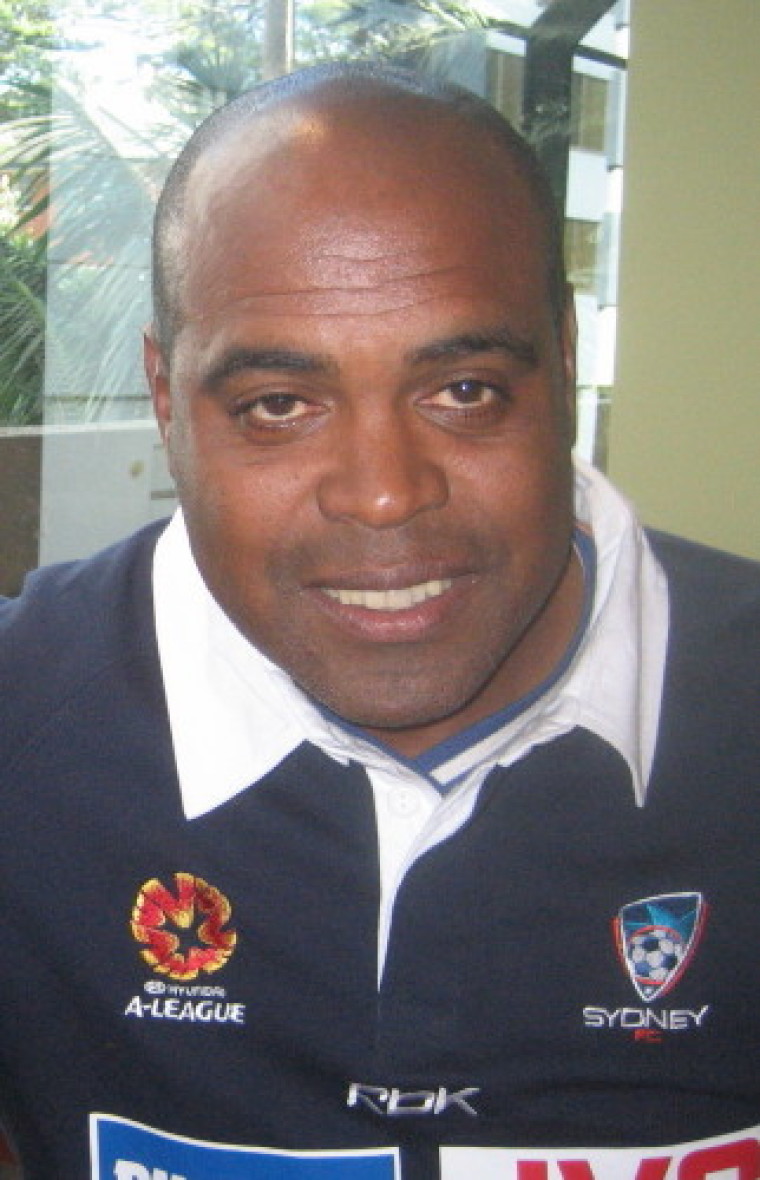
In a major feature article in the Sydney Morning Herald stated "There are no Christians in the squad defending its title at the African Cup of Nations in Angola". as Shehata is reported as saying that striker Ahmed Mido, on loan from England's Middlesbrough to Cairo's Zamalek, was cut after his initial selection because he did not fit the manager's prerequisite for piety... . Mido said he was insulted by his exclusion."
http://www.smh.com.au/sport/football/observing-islam-equally-as-important-as-skill-for-egypt-boss-20100115-mb50.html
Cricket chaplain of 26 years Mark Tronson, makes a contrast with one of his experiences during the late 1990s. In the bowels of the Melbourne Cricket Ground when Australia was playing Pakistan, he sought permission to meet Pakistani cricketer and Christian Yousuf Youhana.
They spent some time together, accompanied by a member of the Pakistani team management, as Yousuf was encouraged in his cricket and his Christian faith. The Manager was pleased to see the Australian cricket chaplain supporting Yousuf.
A lot has happened around the world since the late 1990s. It became a very different world after September 11th 2001 (what the Americans refer to as 9/11, as they put the day and month the opposite way around to Australians and Europeans). Yousuf Youhana converted to Islam in 2005 and was appointed captain of the Pakistan Cricket team in 2009.
http://en.wikipedia.org/wiki/Mohammad_Yousuf
Although there is no known connection or implication between these two situations, it nonetheless raises serious questions for world sport.
As Islam is as much a political movement as a religious one, the question put is at what point should politics/religion and sport be kept separate? Certainly religion/politics and sport have a past and a present.
The 1972 Munich Olympics illustrated this with the Israeli Olympic team targeted. Journalists claim that the US Track & Field Olympic champions press conferences are "evangelical revival meetings" rather than a forum to answer journalists' questions.
The South African World Cup 1995 Rugby Team, having won the title, met in the centre of the ground and prayed. Brazilian (Christian) and Egyptian (Islamic) soccer players wear their respective religious messages on their training shirts for the world to see.
Tom Krattenmaker wrote the book 'Proselytizing the Pros: Christianity in Big-Time Sports', says "I was struck by how much organization and strategy exists behind and under all of this. Not to say it's secret or sinister or anything, because it's not, but fans don't realize how much work goes on behind the scenes by the Christian organizations that minister to athletes and leverage sports to reach the public with their evangelistic message."
http://www.religiondispatches.org/archive/mediaculture/2177/proselytizing_the_pros:_christianity_in_big-time_sports
So the secret is out! There is an enormous amount of behind the scenes 'hard work' in religious/political activity involving sport and Christians are right up there, so it is not surprising that those within Islam employ similar energies.
It is a case of becoming accustomed to this. In the case of the Egyptian soccer team where discrimination is involved, the question must be asked, was it any different in Australia not that very long ago?
Sectarianism was alive and well between the Roman Catholics and Protestants from the work place to sports even thirty years ago. English soccer was much the same, as some clubs were formed from Protestant dispositions while others were from the Roman Catholic community. Manchester United was Catholic, Manchester City was Protestant.
Certainly when a leading manager or a coach or a captain changes, so too can the policy. However, Mark Tronson remembers the world sanctions against South Africa, for discrimination on very different lines; and boycotts of various Olympic Games in protest about Government policies.
And different again, did Shane Warne miss out on the Australian cricket team captaincy due to 'role model' issues as most commentators are in little doubt, that he would have been the cleverest and most inspiring captain, or close to it, in the history of Australian cricket.
M V Tronson leaves you with the question "How much do you think team selection on criteria 'other than' sporting merit should be left to individual coaches, managers or countries, without the rest of the world taking a stand?"